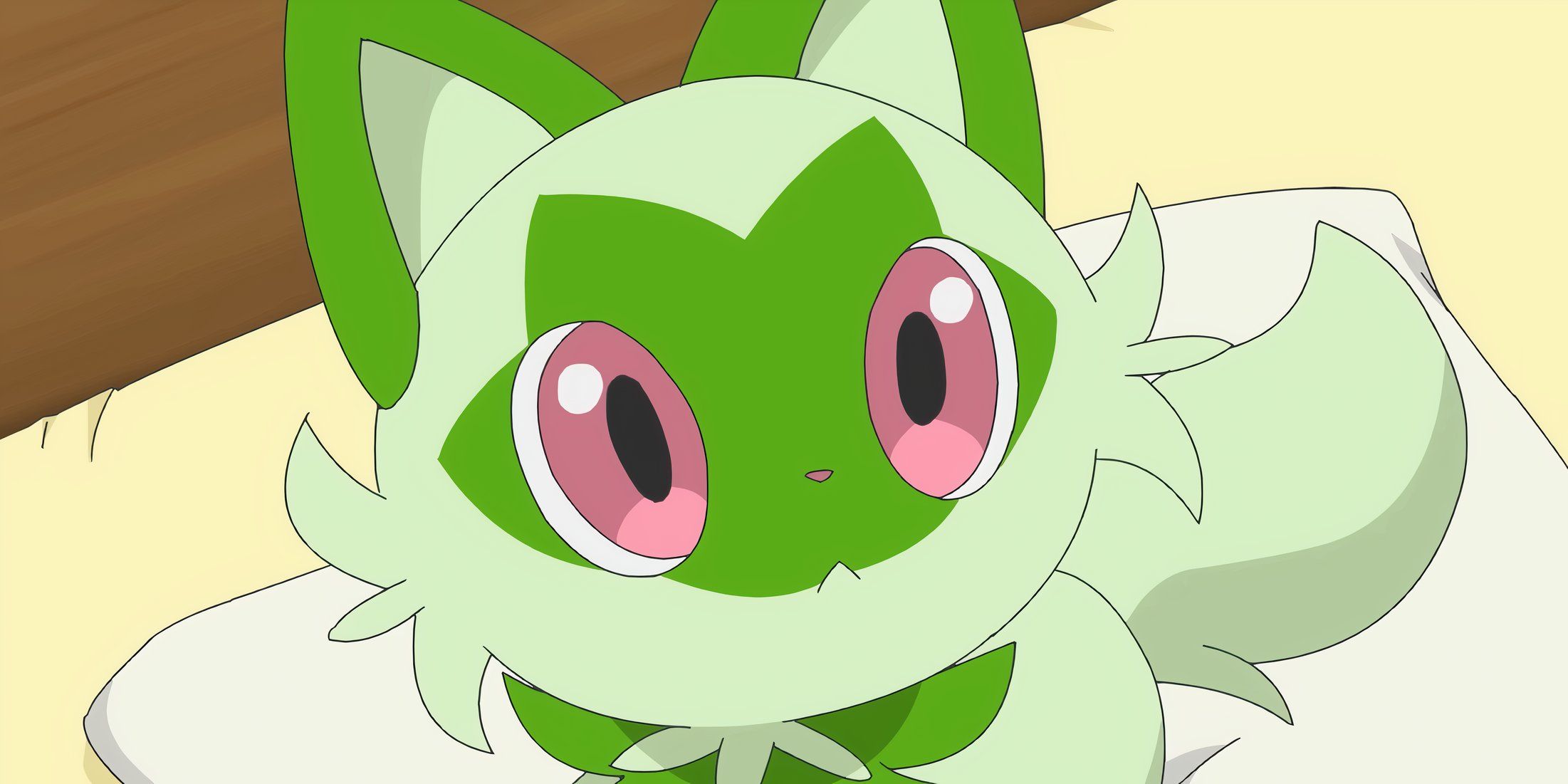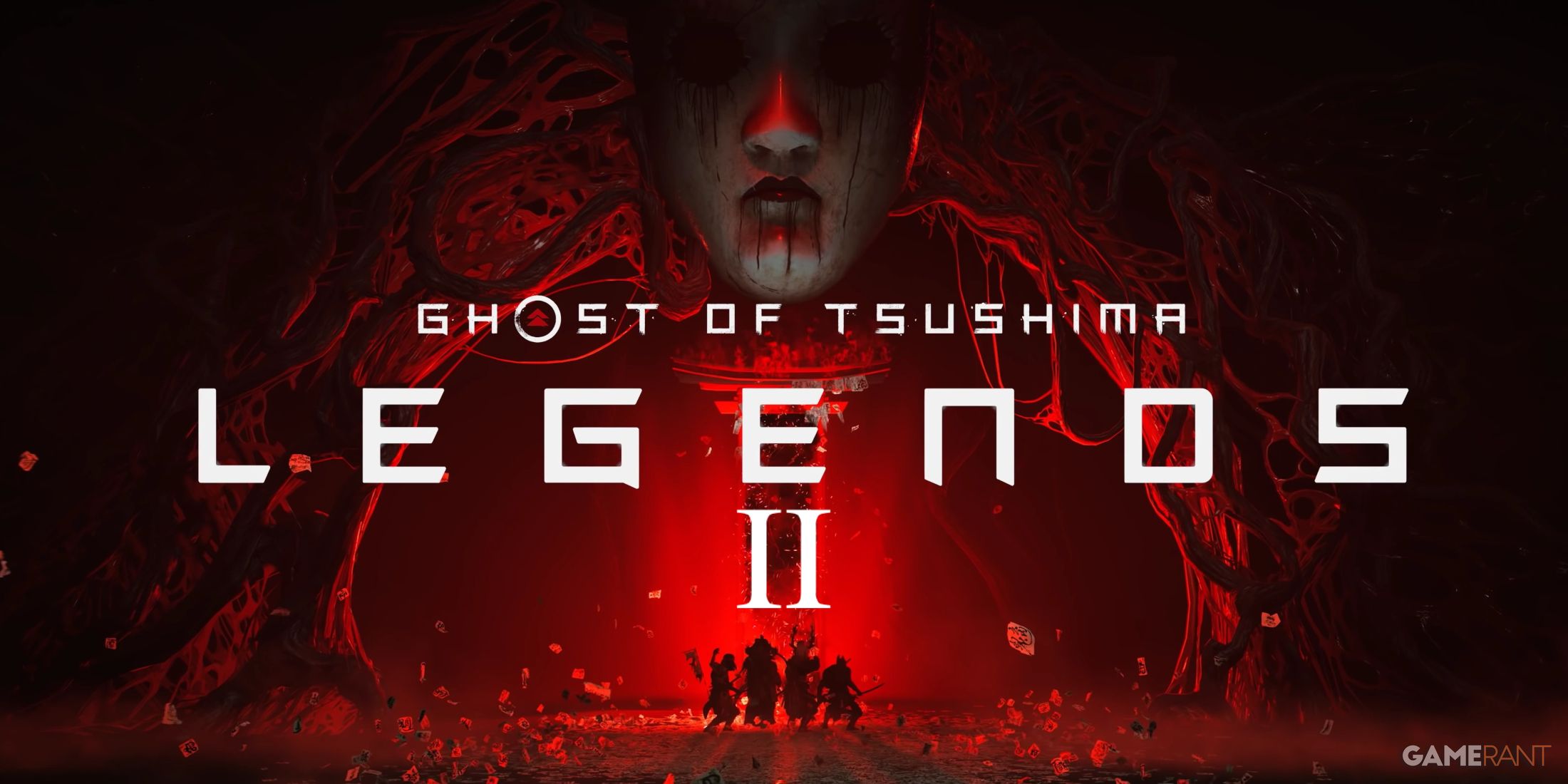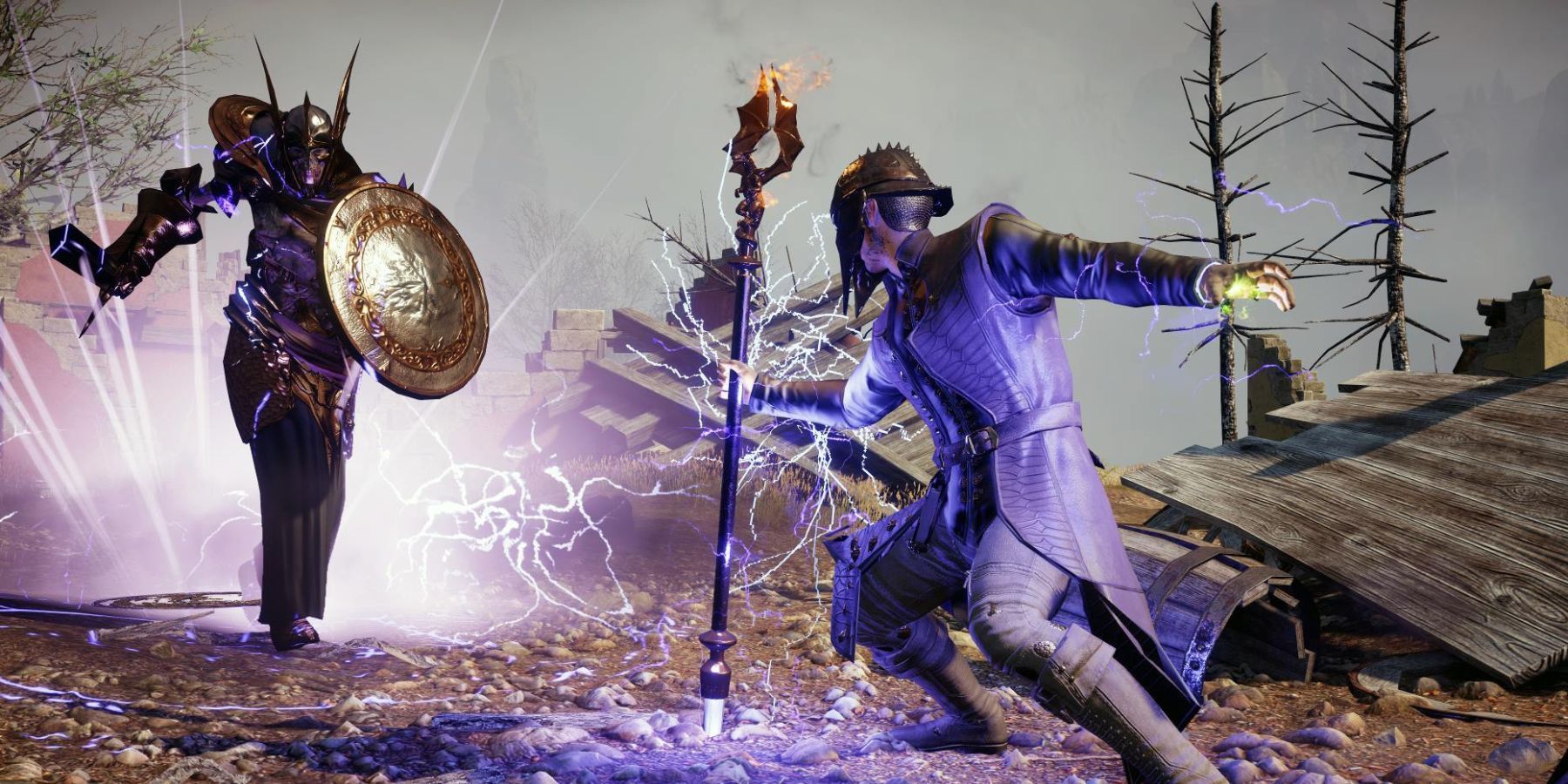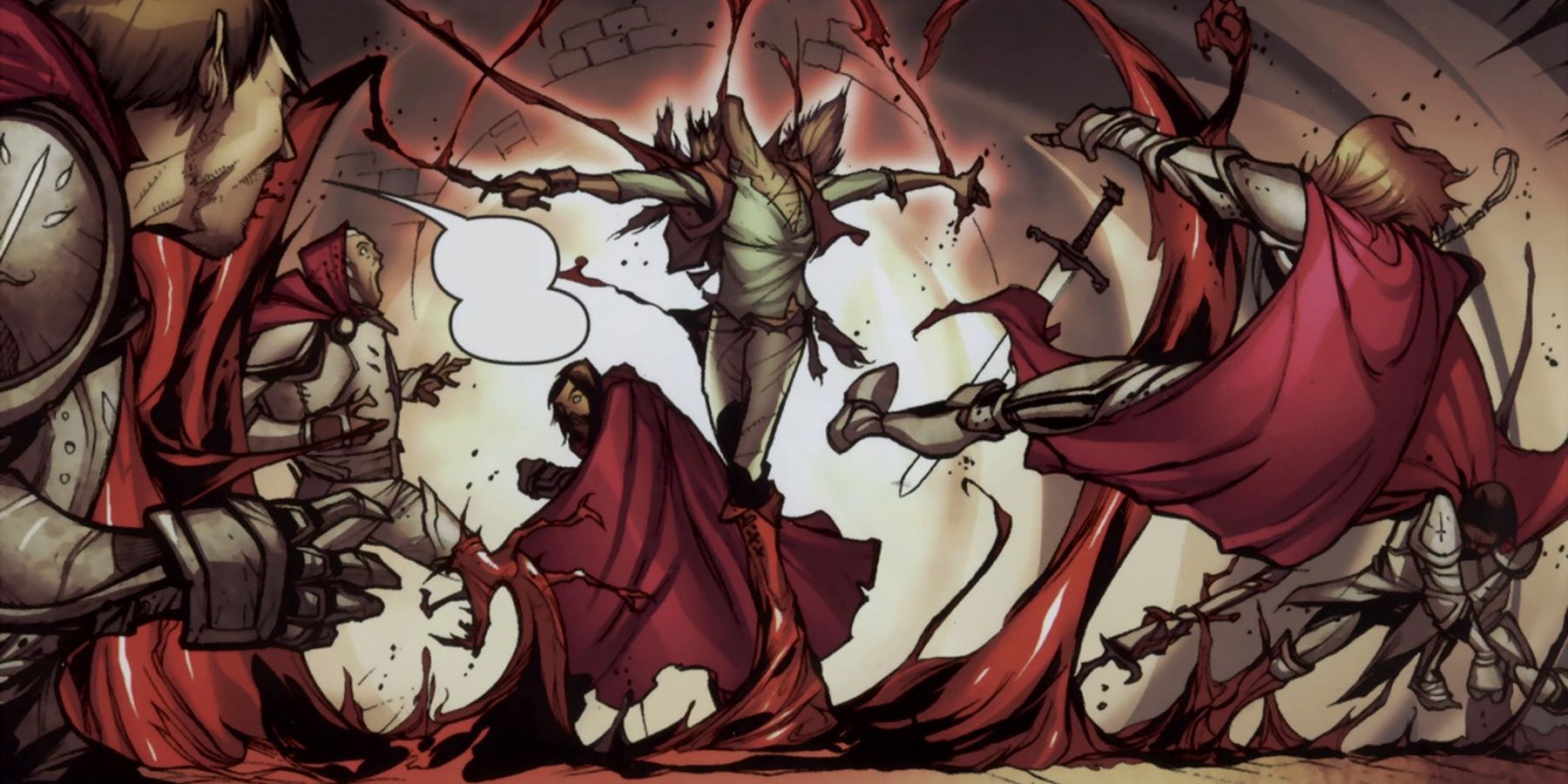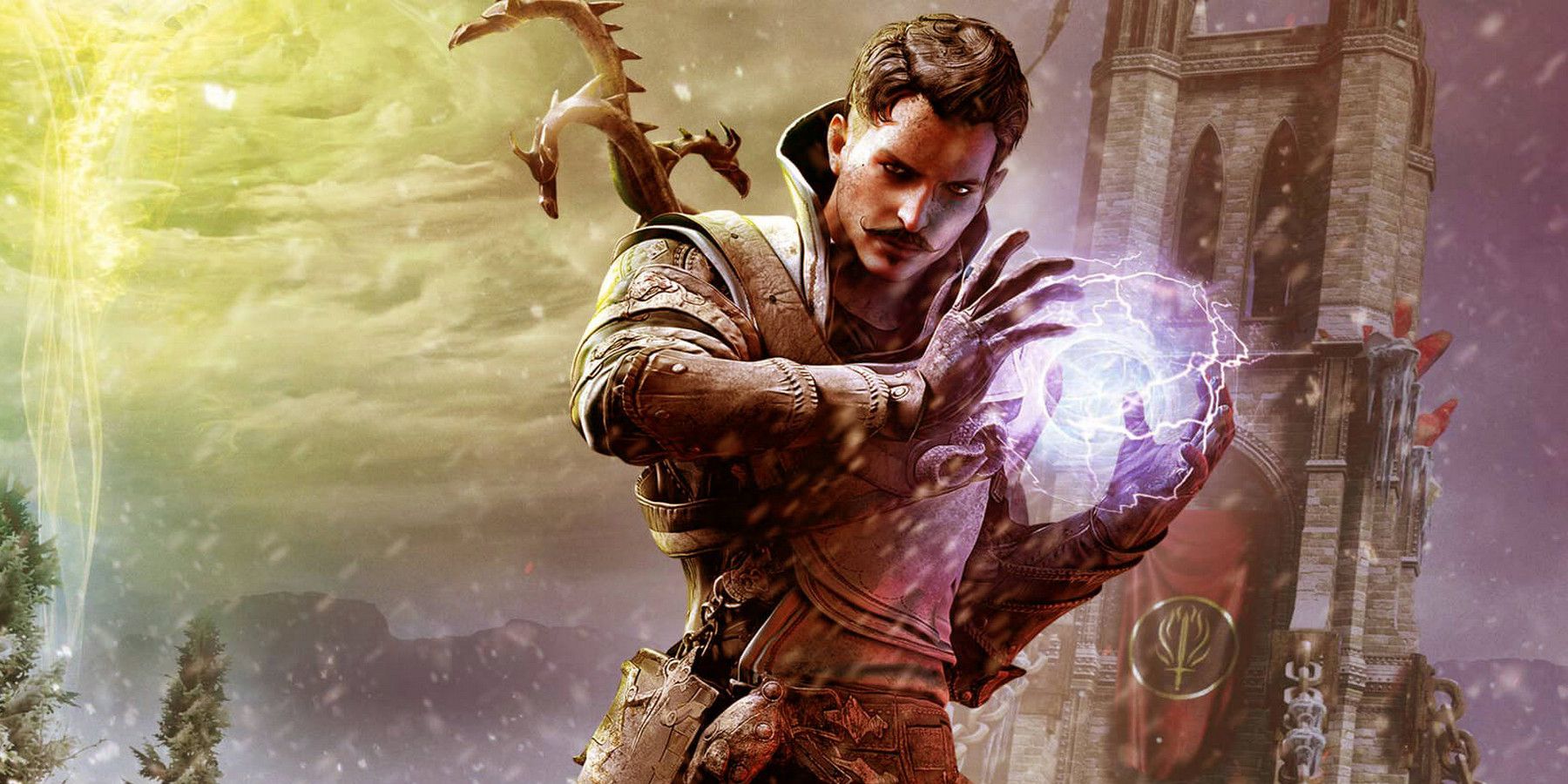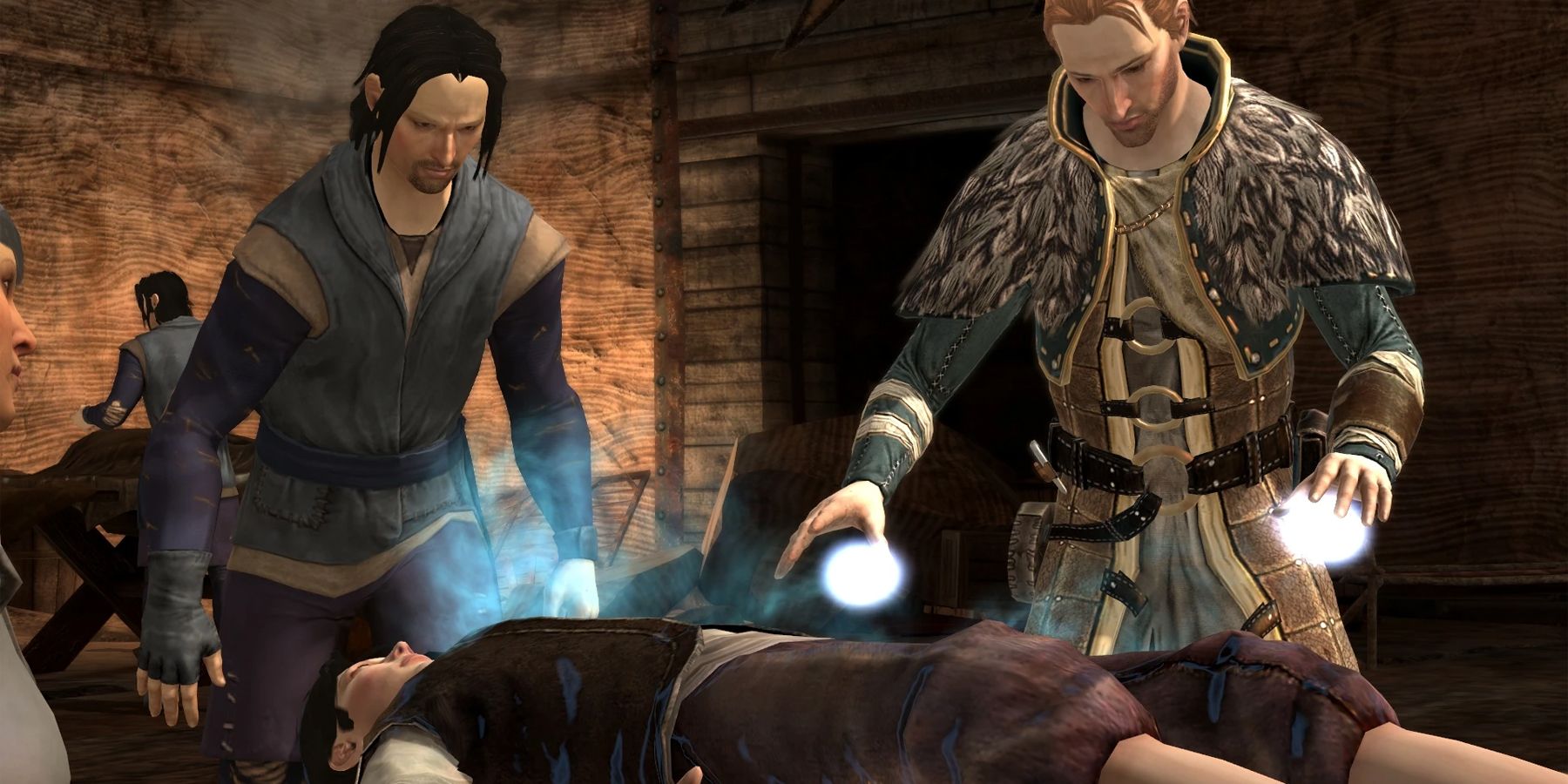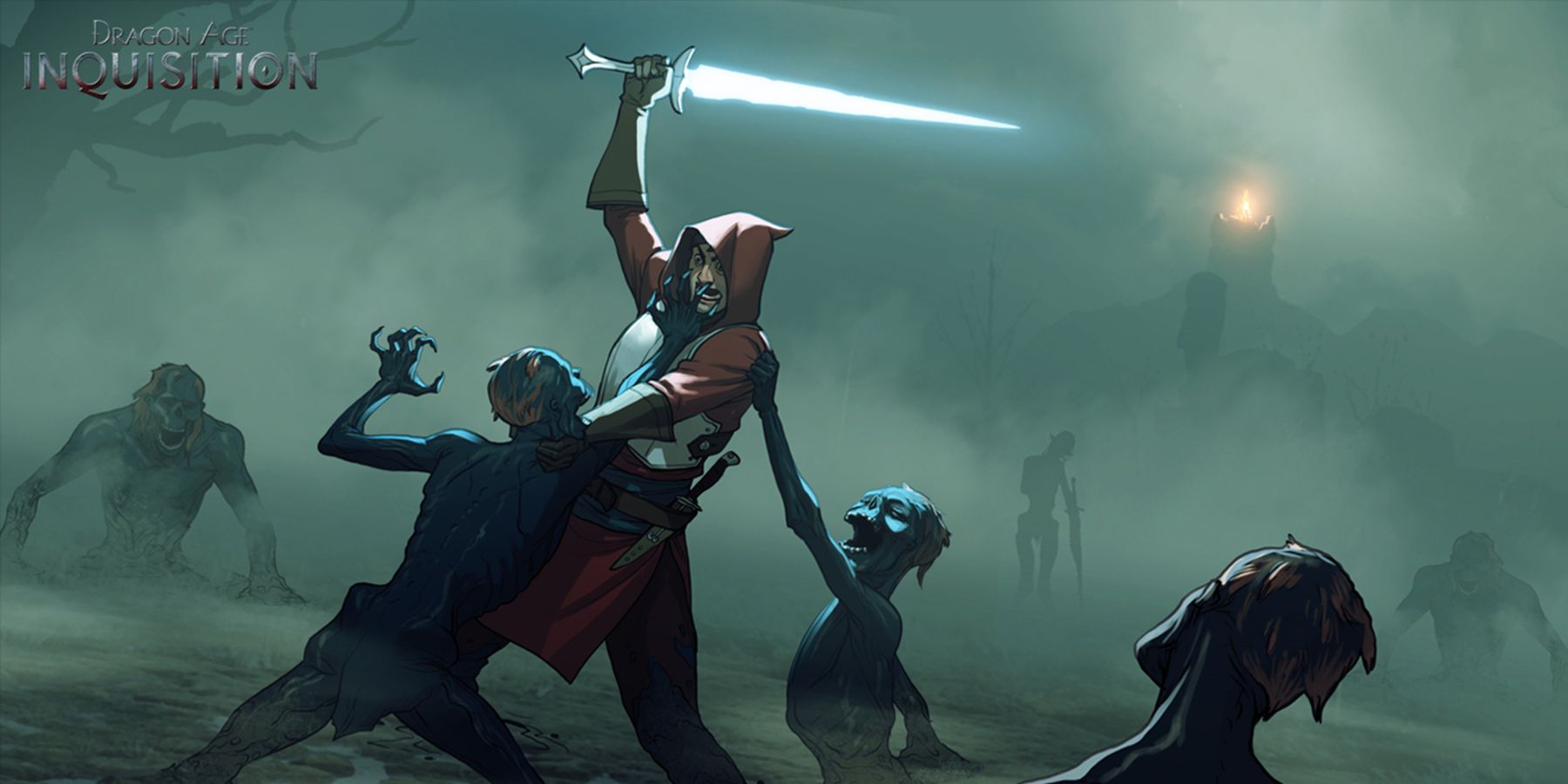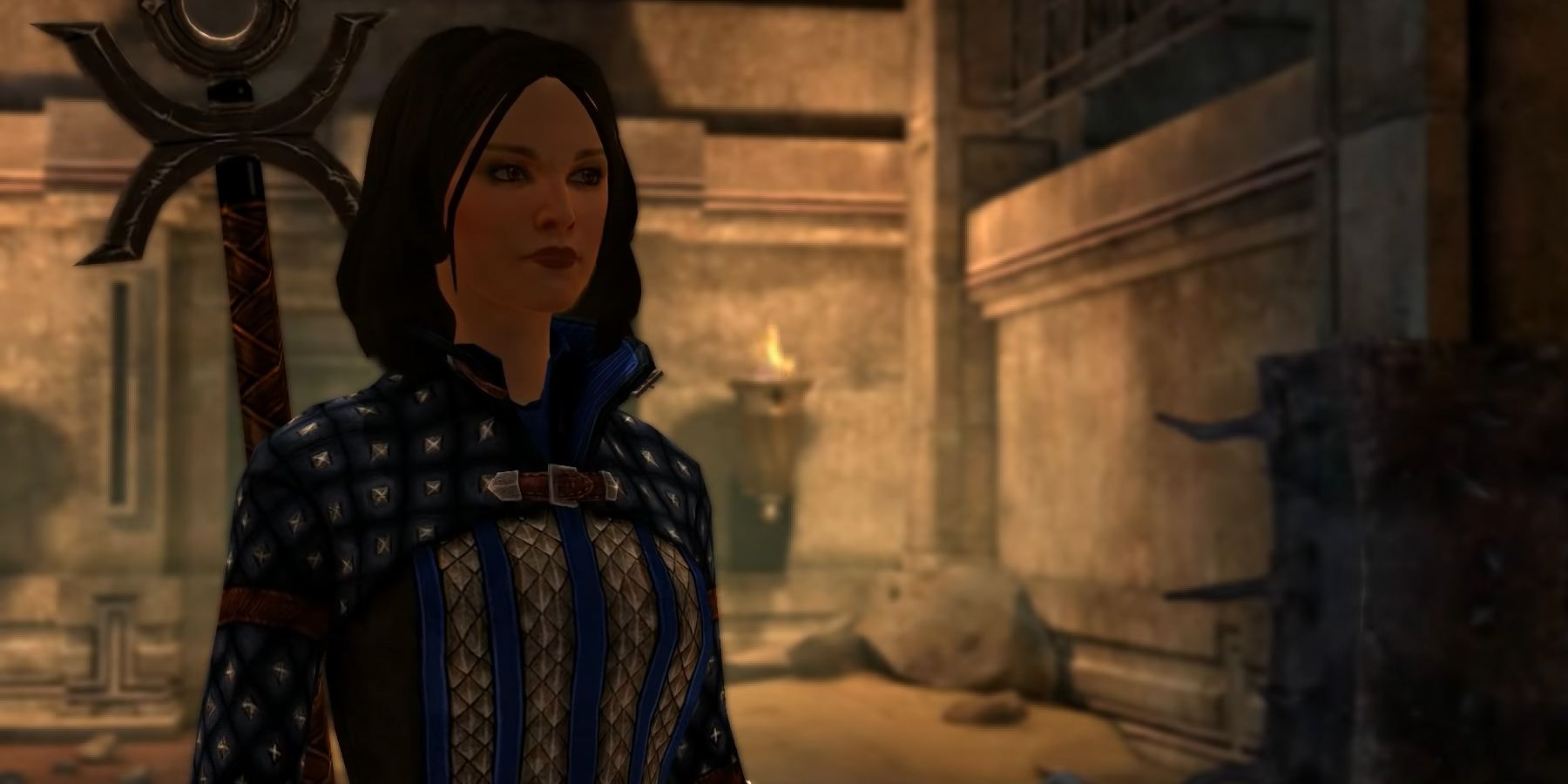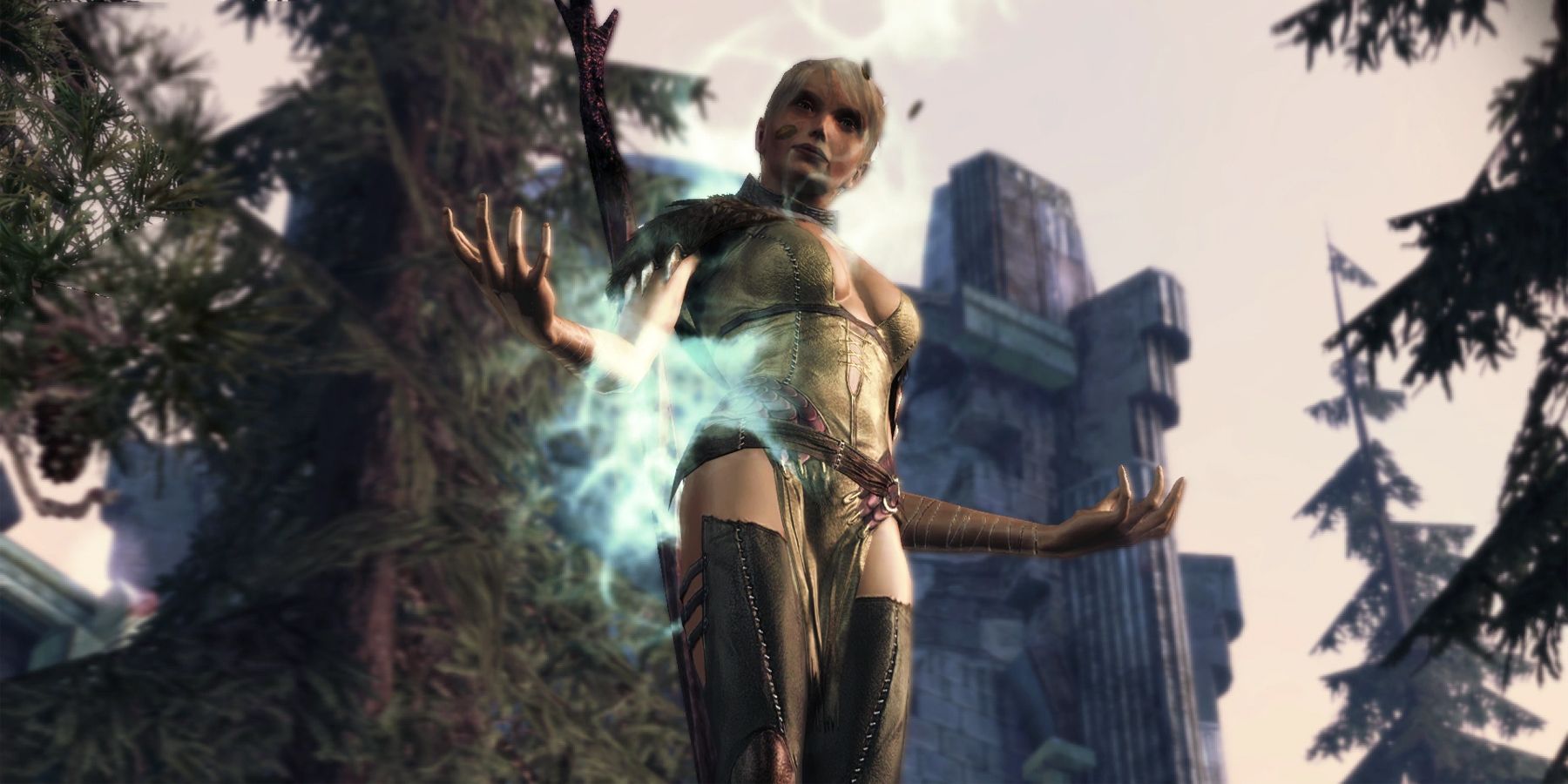Quick Links
Magic will play a central role in Dragon Age: Dreadwolf. The game will be the first to take players to the Tevinter Imperium, a crumbling empire ruled by mages and built upon a foundation of slavery and forbidden magic. Meanwhile, Dragon Age: Dreadwolf's main questline seems to revolve around the titular character's attempt to tear down the Veil separating the mortal world from the realm of spirits - known as the Fade.
BioWare's yet to reveal any information about how magic works in Dreadwolf, which leans more heavily on action-oriented combat than previous Dragon Age games. Regardless of the specific changes, it's crucial that BioWare does its Mages justice in the new game. This includes specializations, the unlockable sub-classes that have been present in every Dragon Age game so far, as BioWare's Dragon Age: Dreadwolf wouldn't feel complete without some specializations returning.
Blood Mages
Featured in Dragon Age: Origins and Dragon Age 2, Blood Magic is the most obvious choice to return in Dreadwolf. In addition to mind control and summoning demons, Blood Mages can use their blood or the blood of others to cast more powerful spells. In gameplay terms, Blood Mages in Dragon Age: Origins and Dragon Age 2 could choose to cast spells from Health points instead of Mana, and Blood Mages could control the mind of enemies to turn them into temporary allies.
Most humans in Dragon Age's world regard Blood Magic as evil due to its association with demons, mind control, human sacrifice, and Necromancy. However, that's not true in the Tevinter Imperium, where Blood Magic remains common despite its official prohibition. BioWare didn't let players learn Blood Magic in Dragon Age: Inquisition because it would require more narrative reactivity, but given how common it is in Tevinter, it would be very strange if the Blood Mage Specialization didn't return for Dreadwolf.
Necromancers
Many people within Thedas see Necromancy and Blood Magic as parts of the same whole, but that is not strictly true. While necromancers can't resurrect the dead, they can summon spirits or demons to inhabit the body of corpses. Unscrupulous Necromancers might use blood magic to force demons into dead bodies, but others like the Nevarran Mortalitasi use Necromancy to honor the dead and protect the living. BioWare introduced Necromancy in Dragon Age: Inquisition, allowing players to summon spirits that take the form of dead enemies.
The short story collection Dragon Age: Tevinter Nights revealed a lot of new information about Nevarra and the Mortalitasi, which may indicate that players will visit the Kingdom in Dragon Age: Dreadwolf. Considering how many blood mages are running around Tevinter, it seems likely that both types of Necromancy will appear in Dreadwolf. In addition, their connection to Spirits and the Fade also links Necromancers to the main story of Dragon Age: Dreadwolf.
Spirit Healers
Spirit Healers are another Mage Specialization that draws their power directly from the inhabitants of the Fade. They channel energy from benevolent spirits, allowing them to cast potent healing magic. In Dragon Age: Origins and Dragon Age 2, this included the ability to revive downed party members, heal the entire party with one spell, and grant various buffs. While Dragon Age: Inquisition mostly did away with healing magic as a mechanic, Spirit Healers are a must-have if Dreadwolf reverses that decision. Spirit Healers' close relationships with Fade spirits seem especially relevant to Dragon Age: Dreadwolf.
Arcane Warriors/Knight-Enchanters
The Arcane Warrior Specialization appeared only in Dragon Age: Origins, with similar Knight-Enchanters introduced in Inquisition. Their specific abilities differ, but both specializations allow Mages to effectively challenge opponents in melee combat. This would fit nicely with Dragon Age: Dreadwolf's pivot to modern action combat.
There is also a good story reason for Arcane Warriors and Knight Enchanters to return for Dragon Age: Dreadwolf. Arcane Warriors were an order of elven battlemages who served as bodyguards and champions during the height of the ancient empire. Their techniques were lost after the ancient Tevinters captured and enslaved the elves, but enough survived to influence the Knight-Enchanters' creation. Given how the ancient elves will likely play a major role in Dragon Age: Dreadwolf, it seems natural that one of these specializations might return.
Force Mages
Unique to Dragon Age 2, Force Mages specialize in telekinesis and manipulating gravity. They can throw enemies, slam them into the ground, or slow their movement by increasing gravity in a designated area. Force Magic was most common in Kirkwall's Circle of Magi, but Force Mages exist across Thedas.
Force Magic doesn't have any particular connection to Tevinter, the elves, or other parts of Dreadwolf's narrative. However, Dragon Age: Dreadwolf's pivot to action combat makes the Specialization seem like an excellent fit. Its usefulness in crowd control would still let players engage in tactical decision-making, and it's just plain fun to hurl enemies across the room at high speed.
Keepers
In the Dragon Age universe, Keepers are elven mages who lead the nomadic Dalish clans scattered across Thedas. The Dalish normally stay well clear of Dragon Age: Dreadwolf's primary setting of Tevinter, but still wander the neighboring nations. Given how Dreadwolf will almost certainly continue Dragon Age: Inquisition's increased focus on the ancient elves, it would make sense if the Dalish also played a prominent role.
Keepers were only playable in Dragon Age: Origins' Awakening expansion, and the specialization featured a variety of nature-based spells. Given Tevinter's proximity to the ancient Arlathan Forest and the lost elven city of the same name, some nature-based elven magic would not be out of place. Perhaps players will even stumble across some ancient magic from which modern Keeper magic descends.
Dragon Age: Dreadwolf is in development.

